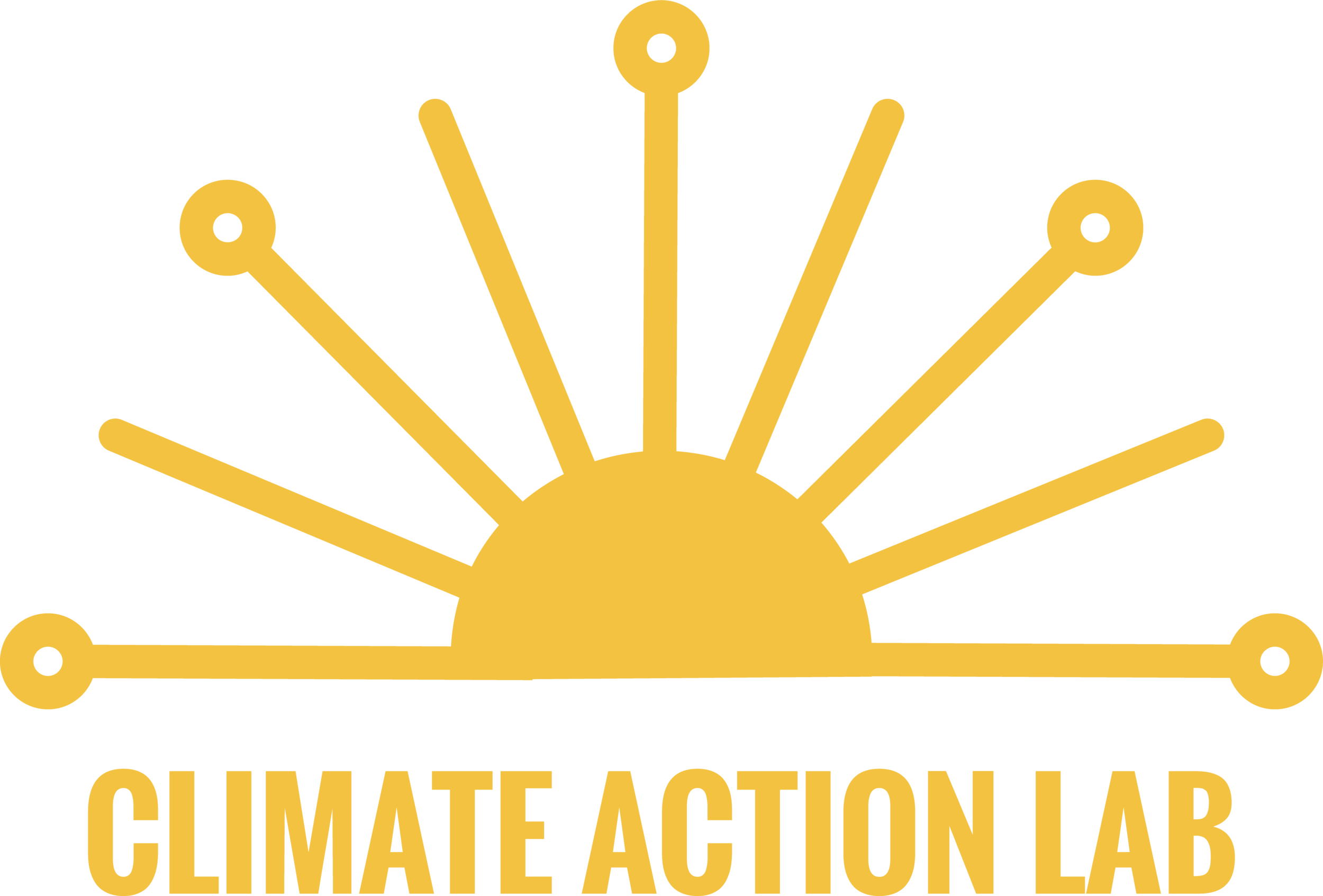La Follette students highlight benefits of universal child savings accounts in Wisconsin [Repost]
Reposted from the La Follette School of Public Affairs news.
Students on the cost-benefit analysis team (left to right) Sam Schneider, Tyler Williams, Stephanie Mertens, and Ian O’Connor-Giles with UW–Madison Division of Extension’s Chelsea Wunnicke (right)
Advised by Morgan for the class, PA881 Cost-Benefit Analysis, the team of La Follette students share their findings on the potential benefits of a universal child savings account in Wisconsin.
Five graduate students from the La Follette School of Public Affairs demonstrated that universal child savings accounts could have significant benefits for the state when they conducted the first statewide cost-benefit analysis of the idea last fall.
Stephanie Mertens, Ian O’Connor-Giles, Adam Riley, Sam Schneider, and Tyler Williams completed the study on behalf of UW–Madison’s Division of Extension staff, who were hoping to get a better sense of the impact the increasingly popular program might have on Wisconsin communities. Universal child savings accounts are intended to help children, especially those from low-income backgrounds, build savings for postsecondary education.
According to the report (pdf), net benefits across the state could exceed $4 billion in cumulative savings and increased lifetime earnings for participants in the program’s first 18 years. Additionally, every Wisconsin county showed a net benefit, with some counties exceeding $1,500 per-capita in the analysis.
“Our research shows that this is a policy that could be a potentially powerful tool to increase access to higher education,” O’Connor-Giles said.
Child savings accounts have recently gained considerable momentum across the United States, increasing 300% since 2021. The students researched possible models for a Wisconsin universal child savings account program and forecasted costs and benefits for the state. Their analysis projected long-term benefits if every baby born in Wisconsin were automatically enrolled in the state’s existing Edvest 529 college savings plan with an initial deposit of public funds known as a seed amount.
“This is a policy that could be a potentially powerful tool to increase access to higher education”
Because of their recent popularity as a tool to address wealth inequality and disparities in access to higher education and well-paying jobs, universal child savings accounts have become particularly attractive to policymakers and thought leaders who are trying to move the needle on these issues.
Todd Wenzel, a financial associate educator with the UW-Madison Division of Extension Winnebago County, found the report useful in advocating for universal child savings accounts across his region. “This gave me another tool I could take to community partners,” Wenzel said. “All of the great things that came out of this report, it made outreach that much more successful.”
Wenzel is a member of the UW–Madison Extension’s Youth Forward Wisconsin initiative, which “gives communities the tools to understand and implement a universal child savings account program that fits their needs, and helps their youth reach their full potential.”
UW–Madison’s Division of Extension was so pleased with the report that they connected the students to the Wisconsin Department of Financial Institutions. “We ended up getting invited to present our project at the Governor’s Council on Financial Literacy and Capability, so having it be a client-based project really gave us this opportunity to do something that could have real consequences for Wisconsin,” O’Connor-Giles said.
The students were able to extend the study’s reach further during the UW–Madison Day at the Capitol on April 26, 2023, when they presented during the Graduate Research Showcase.
Standing beneath the towering dome of the Wisconsin State Capitol rotunda, the students presented high-level, real-world policy research that could potentially lead to increased higher education opportunities in the state. It was a fitting way to cap off a La Follette education for the five graduating students.
For Riley, who plans to enter the Peace Corps before he eventually starts a career in state or federal government doing budget or policy analysis, being able to show the benefits of universal child savings accounts was a gratifying and impactful learning experience.
“Working with a client really grounded us in what we are about to do when we graduate in just a few weeks,” Riley said. “And La Follette provided the support piece to have this experience and ultimately come up with a final product that is used in the field and is valued.”

